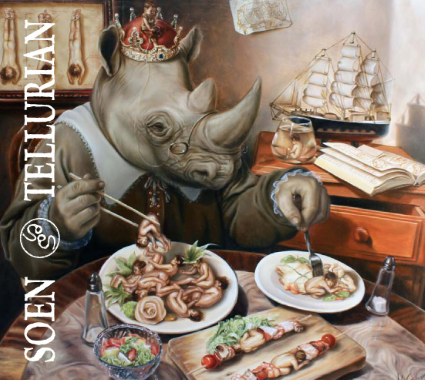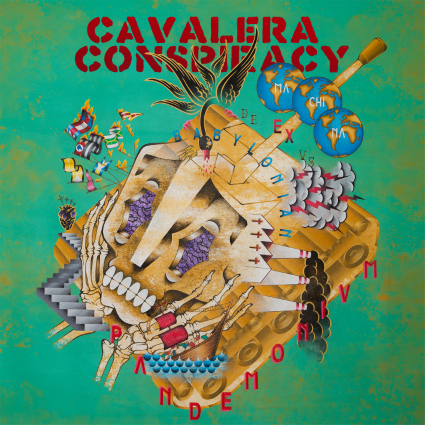Eagle Rock Entertainment
All Access Rating: B
 |
| The Rolling Stones - From The Vault - L.A. Forum - Live In '75 |
Into this chaos walked his replacement, Ronnie Wood, the versatile former Faces guitarist a perfect fit from the very start. At least Keith Richards seemed to think so, as Wood's ability to play both lead and rhythm equally well expanded the possibilities for The Rolling Stones, a group needing an infusion of new blood.
"I've never found it tricky to play with Ronnie" asserts Richards in a quote included in the informative and contextual liner notes to "From the Vault – L.A. Forum – Live In '75," one of two new concert films recently mined from the The Rolling Stones' archives to kick off the band's new "From The Vault" series.
Wood debuted with the Stones on '75's "The Tour of the Americas," a long jaunt that included five nights at the L.A. Forum and a touring band that boasts Billy Preston on keyboards, with his spirited piano fills and propulsive organ, and session percussionist Ollie Brown fleshing out Charlie Watts' drumming with poly-rhythmic groove. "L.A. Forum – Live In '75" documents the fourth show from that brief residency, and although this romp through a deep 25-song set list is as uneven, if also as gloriously shambolic and messy as it is fiery, it's fascinating watching Richards and Wood play off each other, the liberties they take on a medley of "If You Can't Rock Me/Get Off Of My Cloud" performed here indicative of just how in sync and instinctual they've always been as a guitar duo.
Two-and-a-half hours of the Stones at their rip-roaring best and their self-indulgent worst, "L.A. Forum – Live In '75" is marred by maddening inconsistency, as rollicking, feverish versions of "Brown Sugar," "Doo Doo Doo Doo Doo (Heartbreaker)" and "Star Star" burn red hot, while Mick Jagger – mostly an energetic, whirling dervish on this night – appears so disinterested with a sluggish "Fingerprint File" that he lies down ostage for a nap before the song fades out.
Although the imagery is rather dark, the film was shot professionally, with multiple cameras adroitly chasing the action but not always framing it perfectly, this footage finds the Stones opening with raucous versions "Honky Tonk Women" and "All Down the Line," emerging onto a lotus-shaped stage that seems straight out of "Spinal Tap." But, they can't hold together ramshackle, breakneck takes on "Happy" and "Rip This Joint" that don't just veer close to going off the rails, they fly from them, break apart and end without satisfaction. And when they arrive at "You Can't Always Get What You Want," the Stones sleepily meander through it, that is until an extended jam workout where Richards and Wood heat up and produce furious, sweaty guitar interplay seems to send volts of electricity through the whole building.
Finishing strong with an inspired triple play of "Street Fighting Man," "Jumpin' Jack Flash" and "Sympathy for the Devil," it seems as if the Stones were revived by earlier tackling Preston's "That's Life" and "Outta Space," the dynamic Preston and Jagger playfully dancing together during "Outta Space" without a care in the world. In a celebratory mood, as opposed to those times where they play with vicious, cutting intensity and raw anger, this isn't the Stones out for blood. Still, there are moments when they build up a good head of steam, and when they do, they are untouchable. Eagle Rock Entertainment.
– Peter Lindblad



















